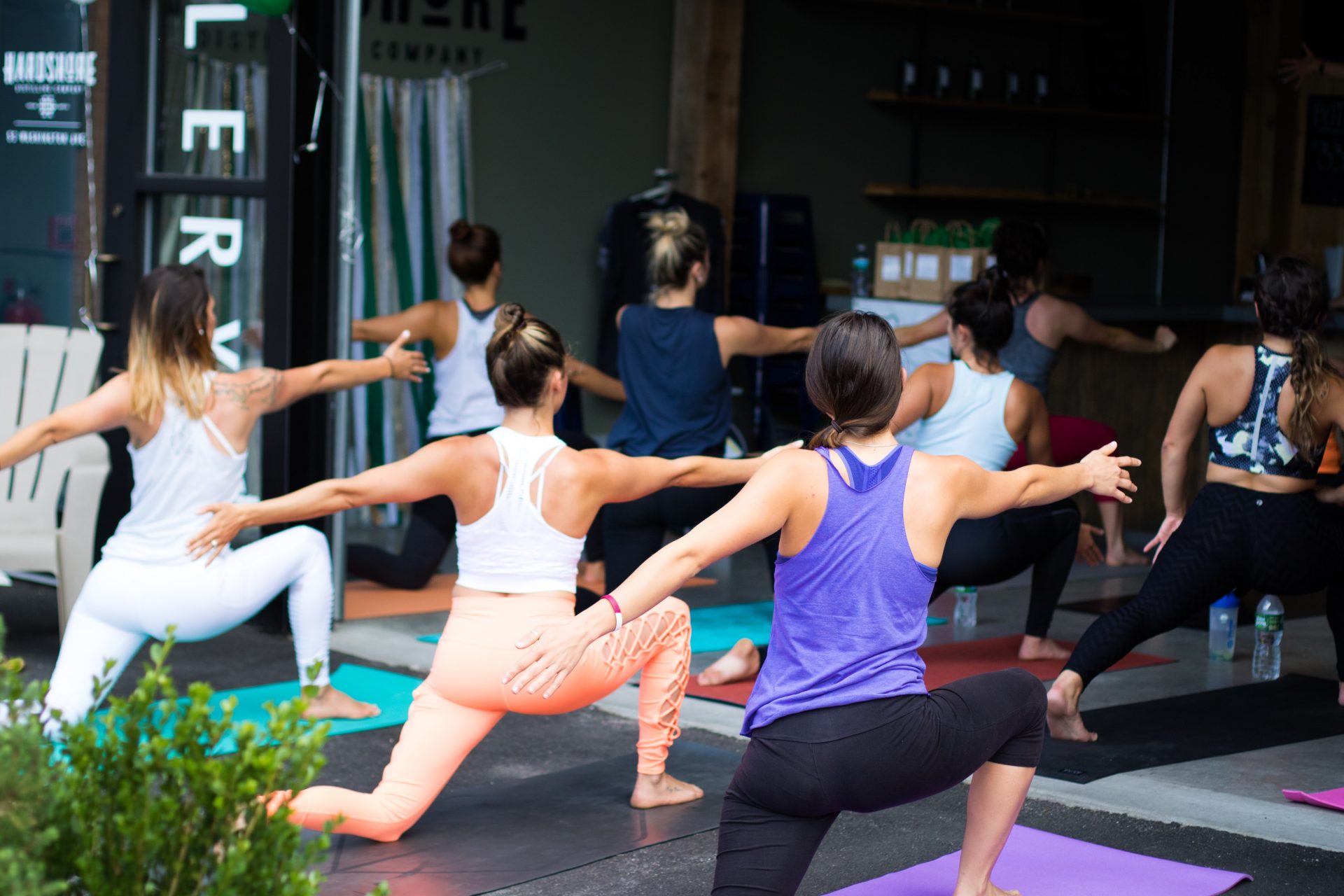Hobbies are great things, but do you know just how beneficial they can really be? Three experts explain the positive effects hobbies can have in all areas of our everyday lives.
There’s no denying the fact that hobbies can be hard to slot into an already jam-packed schedule. Everyday life moves at such a fast pace that finding time for anything else can feel a little overwhelming. But, rather than adding to them, hobbies actually help to relieve the day-to-day pressures that are all too common in our work and personal lives.
As life coach Hannah Wills explains: “Having a hobby that you do purely for your own joy and without pressure from others is a great way to take that all-important break from your busy schedule.” And doing just that brings with it a whole host of benefits – some of which you might not have expected.
Hannah, along with creative life coach Kate Fishwick and life coach and psychotherapist Samantha Abraham, offer their insights into the many brilliant things hobbies can do for you, and the best types of hobbies to do to enjoy the different benefits.
The benefits of hobbies
Hobbies shouldn’t be seen as just another task to tack onto the end of your to-do list. Dubbed “the royalty of life hacks” by Samantha, hobbies can enhance your physical, emotional and mental wellbeing in the following ways.
Improved mental health
Kate explains that “we live in a world where the pressure to have and do it all is greater than ever.” This means that “we often get so busy that the first thing to get dropped is making time for the things we love and make us feel good.”
Perhaps unsurprisingly, research conducted by the ONS found that this was especially true of millennial women, who across the board spend less time on leisure activities than older demographics and men in general.
But, as Hannah points out, “when we give ourselves time to do the things that we enjoy, it helps ease stress and low mood and keep that all-important cup full.” And this doesn’t just keep bad mental health days at bay – it can also make you happier in your daily life!
Physical wellbeing
It won’t come as a surprise to learn that active hobbies like urban hiking, exercise classes and sports all contribute positively to your physical health. And, as Kate says, if you want to get fit, you’ll find it much easier to stick to your goals if you’re doing something you love.
But, even if your hobby of choice is crafting or plant care, you’re still likely to see the benefits. You see, hobbies in general are associated with improved physical function, as well as lower levels of the stress hormone cortisol which can disrupt sleep if not kept in check. These are all things that are key to your bodily wellbeing.
More social interaction
Making plans with friends isn’t always easy, and the same can be said for making new ones. Your hobby, Hannah says, could be the solution.
“If you like hanging out with friends but also want to join a group or go to a class, get your friends involved. This is a great way to socialise with new people and also have quality time with your existing friends.” In other words, it’s a win-win.
A better work/life balance (and a better work life too!)
Hannah goes on to explain that hobbies can also positively impact your work/life balance: “Being able to take a break from the craziness of life is so important, ultimately helping you to recharge and therefore be more productive when you need to get things done.”
Not only that, but investing time into your hobbies can also help you enjoy what you do more. According to Kate, dedicating time to your hobbies will help you spot common themes in what you love doing and where your strengths lie, which you can then apply to your career. And, she says, “we know that when people focus on their strengths and what they love at work, productivity and engagement increases.”
Different types of hobbies
Not sure what hobby would be best for you? Samantha outlines three different types of hobbies that each offer their own unique benefits.
- Slow-mo hobbies: “Slow motion or passive activities, such as listening to music or reading a book, allow us to switch off, wind down, and get lost in something else with little to no effort. When done regularly and consistently, this kind of intentional hobby can regulate our heartbeat and reduce stress and anxiety.”
- Flow hobbies: “Including activities like going to the gym, sports, cooking, and creative or art-based projects, flow hobbies tend to be more focused and involve using or developing new skills. During hobbies like these, we swap being self-conscious and become so immersed in the activity that we lose sense of time. These hobbies can be a great stress-management tool.”
- Grow hobbies: “Hobbies such as learning a new language, travelling, and community-based activities help to push and grow us. They give us a chance to meet new people, go outside of our comfort zone, and widen our social circles.”
Image credit: Getty, Unsplash
Source: Read Full Article

